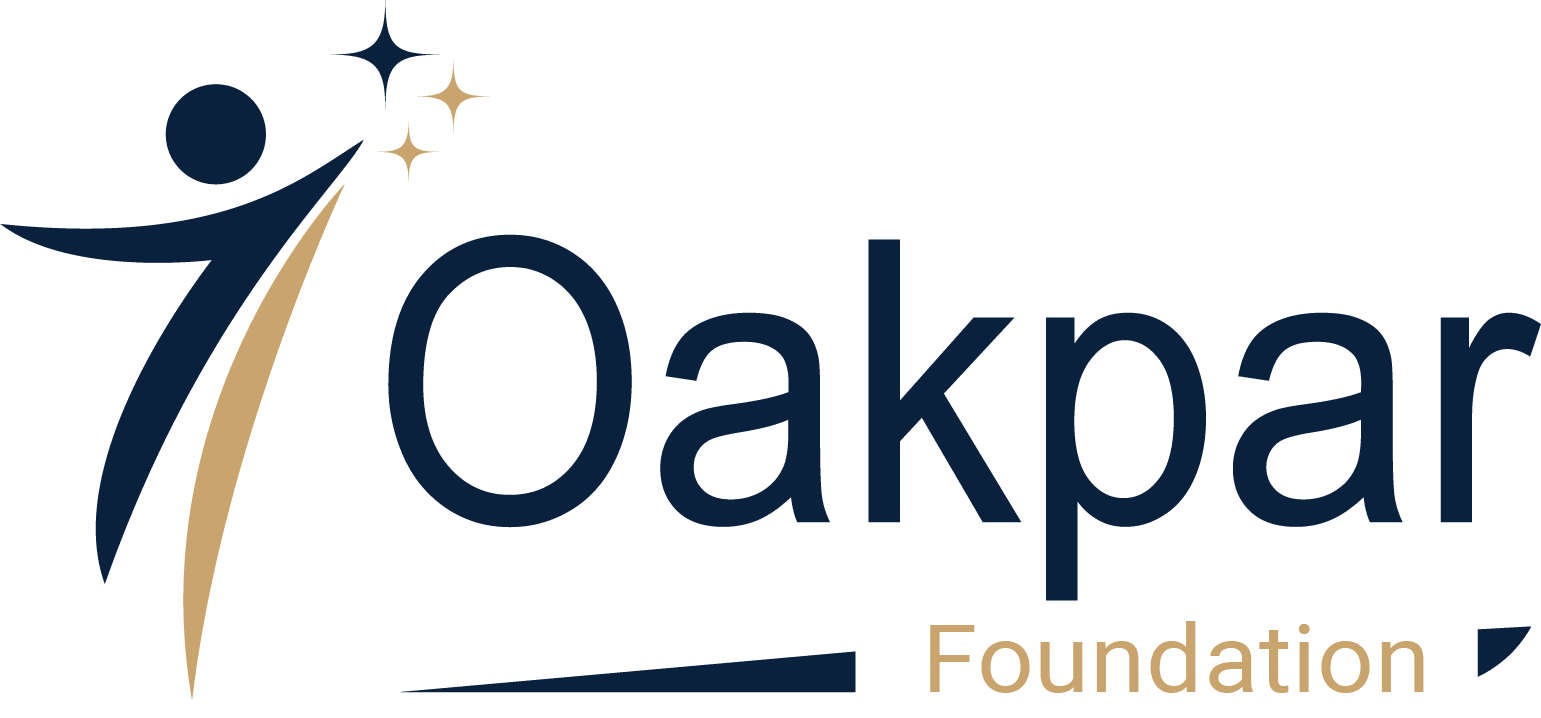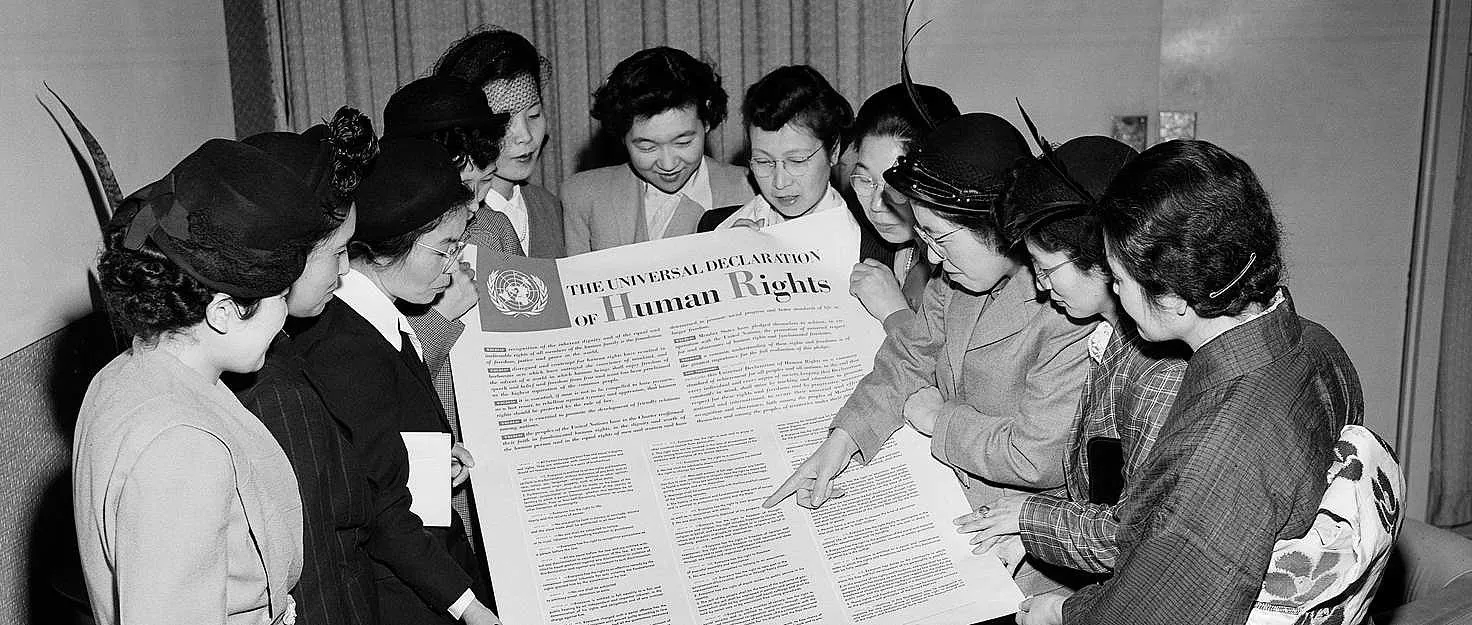The Universal Declaration of Human Rights (UDHR), adopted by the UN General Assembly in 1948, is a milestone in human history, as it established, for the first time, these rights that must be protected and defended by all nations. Over 75 years, the UDHR has proved vital in ensuring the protection of human rights around the world, providing the basis for other conventions, treaties and legal instruments that came to be created. Even so, there is still much to be done for these rights to be respected in all nations.
The need to protect human rights is more urgent than ever, especially in the face of so many violations taking place in different parts of the world. It is vital that knowledge about the UDHR be expanded and that its importance be widely recognized and promoted, in order to guarantee that all human beings can enjoy the rights that are inherent to it, regardless of any aspect that may differentiate them.
To celebrate the 75th anniversary of the Universal Declaration of Human Rights, the UN prepared the initiative Human Rights 75 – Human Rights 75, in free translation – which seeks to draw attention to the issues enshrined in the UDHR and highlights the urgent need for concrete actions by States and other entities to deal with the Economy of Human Rights, which has as its central objective the achievement of the rights of all people, in all regions of the planet. In this context, economic policies, investment decisions, consumer choices and business models must be developed based on respect for human rights and preservation of the environment.
However, economic inequality remains a significant obstacle to achieving the goals of the 2030 Agenda, its Sustainable Development Goals (SDGs) and the pledge to leave no one behind. The 2030 Agenda is a global action plan adopted by the United Nations (UN) in 2015, whose main objective is to eradicate poverty, protect the planet and promote peace and prosperity for all people by the year 2030. This agenda is made up of 17 Sustainable Development Goals (SDGs), which cover a wide range of areas, such as eradicating poverty, zero hunger, health and well-being, quality education, gender equality, clean water and sanitation, energy clean and affordable, decent work and economic growth, industry, innovation and infrastructure, reducing inequalities, sustainable cities and communities, responsible consumption and production, action against global climate change, life in water, life on land, peace, justice and institutions effective, and partnerships and means of implementation.
However, the widening of disparities between social strata observed in the last decade can lead to serious social, political and economic consequences, in addition to accentuating the vulnerability of marginalized groups. Given this scenario, it is necessary to work harder to place human rights at the center of all dimensions of sustainable development. It is essential to promote public policies that reduce economic and social inequalities, encouraging social inclusion and promoting social justice.
The Economic Crisis and Food Insecurity Threaten Human Rights
The Universal Declaration of Human Rights states that all human beings have the right to an adequate standard of living, including food, clothing and housing. However, in the last three years, the number of undernourished people has increased by 150 million, reaching 828 million worldwide, according to UN human rights chief Volker Türk. As if that were not enough, the climate emergency continues to threaten people's health and well-being.
The situation is more serious in low-income countries and in emerging economies, where many are in a situation of over-indebtedness or close to it. These crises have particularly affected women, girls and other vulnerable and marginalized communities, depriving them of access to basic services such as health, education and social protection. Governments are being pushed to the limit and many are struggling to ensure that their citizens have their basic human rights respected.
It is essential that States and other entities act urgently to face these challenges, adopting policies and practices that promote the economy of human rights and guarantee access to basic services for all. Only in this way will it be possible to achieve a more just, egalitarian and sustainable world for all.
Placing Human Rights at the Center of All Dimensions of Sustainable Development
Human rights are a crucial topic in the discussion of sustainable development. Unfortunately, these two concepts are often treated in isolation, when in fact they are closely related. The concept of sustainability seeks to ensure economic, social and environmental development, taking into account the needs of the present without compromising future generations. This means that development must be balanced, fair and inclusive for all people. Human rights, in turn, are fundamental to guarantee human dignity and equality among people. These rights are inalienable, universal and indivisible, and must be respected and protected in all dimensions of social, economic and political life. This includes access to basic services such as health, education, water and sanitation, as well as freedom of expression, association and political participation.
It is therefore essential that human rights are taken into account in all discussions and practices related to sustainable development. This means that development policies and practices must be formulated and implemented in such a way as to ensure that human rights are respected and protected in all aspects, from reducing poverty and inequality to protecting the environment and promoting peace. and of justice. To achieve sustainable development, we need to ensure that human rights are protected and promoted in all dimensions of human life.
Promoting human rights in all dimensions of sustainable development requires coordinated and consistent action by governments, civil society organizations, business, academia and other stakeholders. This may include the creation of public policies that prioritize and guarantee access to dignified conditions of survival for all – especially people who live in vulnerable situations – in addition to educating and raising awareness of the population about the importance of these rights, and the implementation of actions that guarantee the protection and application of the Universal Declaration of Human Rights in conflict and emergency situations.
Human Rights 75: Celebrating the 75th Anniversary of the UDHR
As the Universal Declaration of Human Rights (UDHR) approaches its 75th anniversary, it is important to reflect on the progress that has been made in terms of protecting guarantees of a decent life around the world and to identify the challenges that still need to be overcome. . Although the UDHR is considered an important milestone in the history of human rights, many countries still violate the guidelines set for their citizens and there is much work to be done to ensure that all human beings are treated with fairness and dignity.
with the campaign Human Rights 75, the UN is seeking to renew global commitment to human rights and reinforce the importance of the UDHR in an ever-changing world. The campaign aims to engage people around the world in a dialogue about the future of human rights and encourage action to strengthen the protection of the guarantees set out in the Universal Declaration.
As the world faces challenges such as climate change, economic and social inequality, humanitarian crises and global pandemics, it is important to remember that human rights must be at the center of all efforts to address these issues. As technologies evolve and society transforms, it is also important to ensure that people's dignity continues to be relevant and that the protection of these rights is strengthened across the world.
In 2023, we look forward to seeing the global community renew its commitment to wholesome human development, working together to address the challenges that prevent the full realization of the essential rights to life for all human beings. The UDHR will continue to be a fundamental document in the fight for human rights, and we hope that its message of equality, freedom and dignity for all will continue to resonate for many decades to come.




